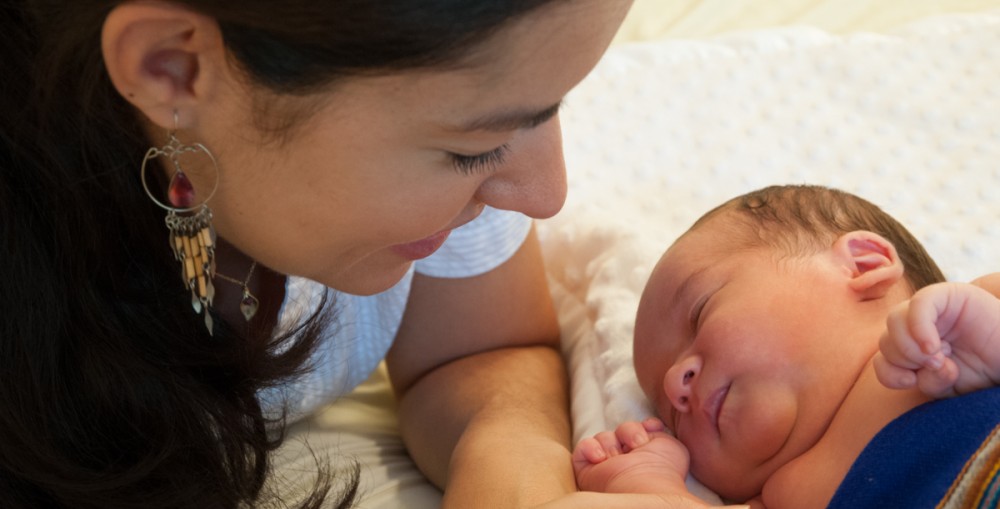We’ve touched on utilizing mobile clinics a few times in the course. For the most part, we discussed it in a US context, but this could hold true for other areas of the world that have the quality of infrastructure that is required for an automobile.
In Beatrice’s presentation, we talked about utilizing mobile clinics on the reservation for American Indians. The wide and vast acres of land in AZ may require providers to meet women in their location for prenatal visits. An Emory alumna once told me that she likes to “meet patients where they’re at”. She meant this in terms of knowledge about their health, but I think this is equally as important in the literal sense. In Eric’s presentation of urban vs. rural care, we saw that mobile clinics can be helpful as well. I believe the example we saw was primary care provided to a rural W. VA community. In our MCH Safe Motherhood Malawi example, it was important for the nurse to gather in the village so the women could ask questions. Another example of mobile clinics–my best friend from college does breast screenings on a bus that also provides mammograms to women in 4 boroughs of NYC. In all these cases, you are bringing necessary care to the people that need it.
With respect to birth, I think prenatal visits are completely feasible and realistic for these American Indian populations or anyone else who may live in a very rural area. Similar to what we saw in Eric’s video, the visits can include disbursement of medication like prenatal vitamins and such. Mammogram and screening type appointments are also appropriate. What is the solution, though, when a woman gets further along in her pregnancy? What if complications occur between visits? Whose responsibility is this/shoulders does this fall on? In our society of finger-pointing, I think having mobile clinics can actually be very risky. I would hate to see the provider saying s/he left the woman in good condition and the woman saying why didn’t s/he catch this problem when s/he saw me? Also, what if the mobile clinic is bringing important medications to people and doesn’t make it out to the community for some reason? That can be life-threatening. I know IHS currently only collaborates with certain pharmacies, but perhaps getting a contract with a company like Express Scripts who delivers to the door might help and decrease gaps in medication.
Obviously, the best idea would be to build a clinic in these communities and convince healthcare providers to be there 2-3 or even 5 days a week, but what can we do in the interim that is not so risky? And in the interim with our mobile clinic prenatal visits, what would happen when it comes time for a woman to deliver? I’d like to see what people think out there, because I have been contemplating on this for weeks now and still haven’t brainstormed of any good ideas.
